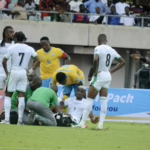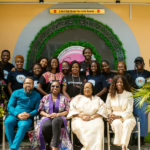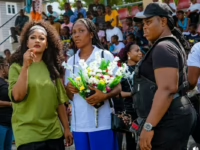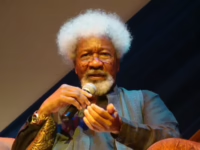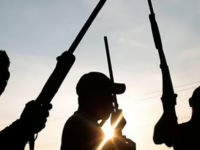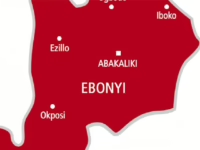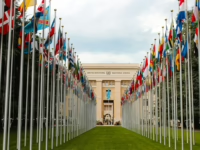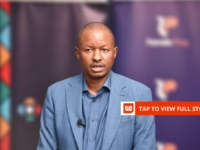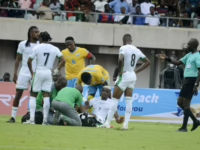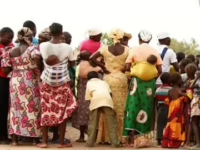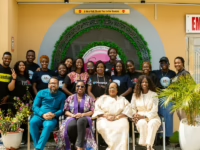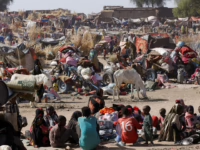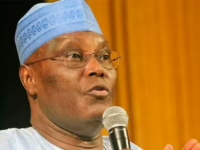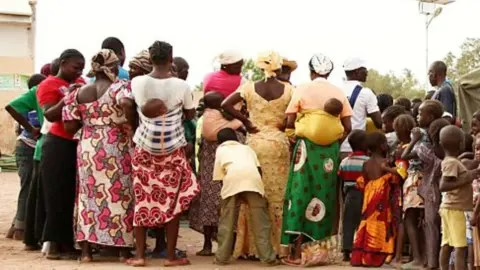The United States Department of State has criticized the Nigerian government for reportedly returning women who were rescued from Boko Haram kidnappers and human traffickers back to their terrorist spouses.
In its 2025 Trafficking in Persons report released on Wednesday, the US agency highlighted that both Nigerian federal authorities and the Borno State government handed over these rescued women to their former captors after the insurgents renounced violence and submitted themselves for rehabilitation.
The report further indicated that Nigeria failed to satisfy several essential criteria in combating human trafficking, resulting in the country maintaining its Tier 2 status in the global ranking.
“Measures to identify and safeguard trafficking victims among vulnerable groups-particularly women and children linked to non-state armed factions, internally displaced persons (IDPs), and minors exploited in begging or domestic labor-were insufficient,” the report noted.
Due to inadequate victim screening, Nigerian officials and Borno State authorities did not implement effective strategies to prevent re-trafficking or wrongful punishment of victims for offenses committed as a direct consequence of trafficking, especially among females associated with Boko Haram.
“In certain instances, authorities detained victims or returned them to their Boko Haram spouses and traffickers,” the document stated.
“Corruption and complicity among officials tasked with combating trafficking remained pervasive, undermining law enforcement efforts and fostering a culture of impunity for traffickers,” the report added.
“Widespread judicial corruption obstructed the prosecution and conviction of trafficking offenses,” it continued.
“Although High Courts hold jurisdiction over trafficking cases, some were instead adjudicated in state courts that typically handle lesser offenses,” the report explained.
“Local judges often lack the standardized training required of federal and state judges, which contributes to legal misapplication and corruption,” it said.
“The illicit operations of non-state armed groups, particularly in northern Nigeria, continue to impede law enforcement activities,” the report emphasized.
Additionally, the report underscored that corruption linked to trafficking crimes within law enforcement and the judiciary remains a critical barrier to justice, enabling traffickers to evade accountability.
During the review period, observers documented cases where some security personnel sexually exploited and abused internally displaced persons, including children, in and around Maiduguri, the capital of Borno State.


